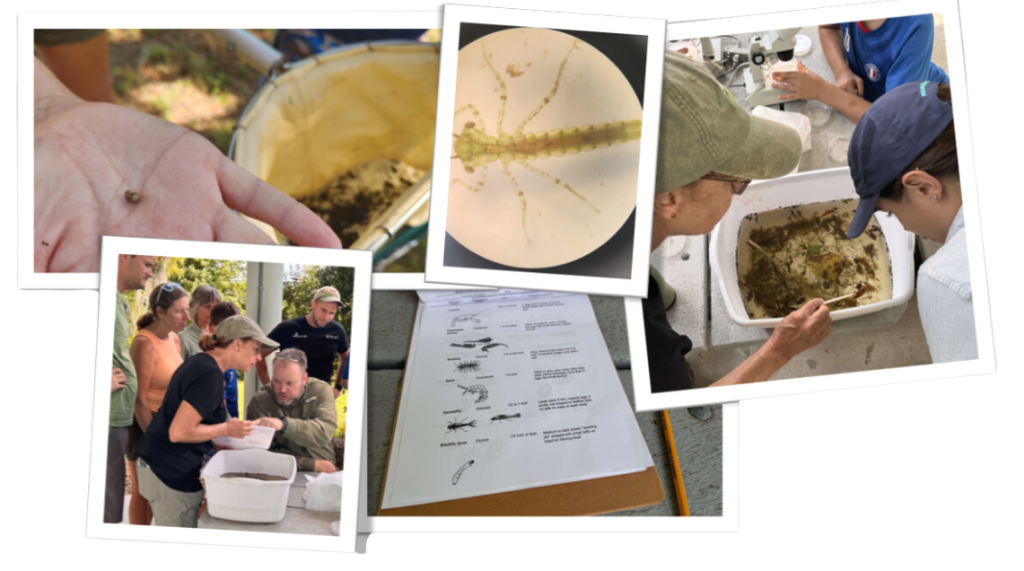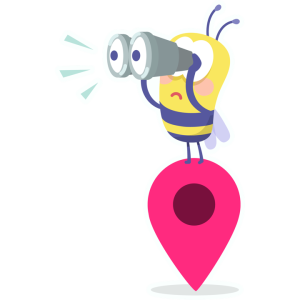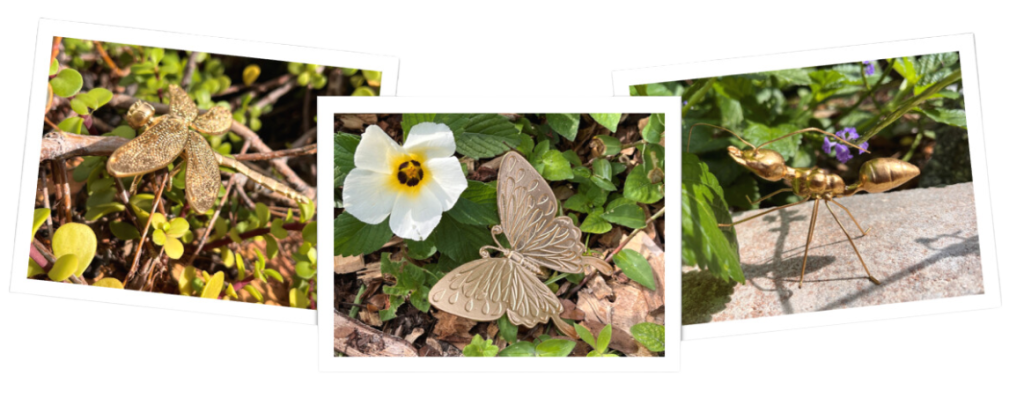Last month, UF/IFAS Extension Sarasota County offered its first ever Dipnets and Donuts: Pond BioBlitz event. It was a great success, with several species spotted in our ponds at Twin Lakes Park. Participants worked in groups and used dipnets to collect freshwater macroinvertebrates. Among the many recorded species were snails, dragonfly nymphs, fishing spiders, water scorpions, and toe-biters. Attendees even collected some caddisfly larvae, which are bioindicators whose presence indicates good water quality!
Capturing data through citizen science efforts such as these is crucial for monitoring the health of local ecosystems, as well as predicting seasonal trends. It is also a great way for folks to casually contribute biodiversity data. Knowing what lives in an area can help inform future management decisions and promote awareness in our local community.

What’s a BioBlitz?
 A BioBlitz is an event dedicated to capturing as much biodiversity data as possible within a given timeframe. Okay, I may have mentioned biodiversity a few times already without really defining it. So, let’s start there.
A BioBlitz is an event dedicated to capturing as much biodiversity data as possible within a given timeframe. Okay, I may have mentioned biodiversity a few times already without really defining it. So, let’s start there.
Biodiversity is a measure of the “variety of life” in a given ecosystem. It can include different kinds of plants, animals, fungi, and more present in an area. It also takes into account the number of each species. So, the total species count (species richness) and the number of each species (species evenness) are used to help calculate the biodiversity of a sampled spot.
Sometimes, scientists choose to focus on measuring the biodiversity of specific ecosystem or group of related organisms. In the case of our recent event, we looked at the biodiversity of macroinvertebrates that live in the ponds at Twin Lakes Park. Another unusual word – let’s break it down!
Macroinvertebrates are animals without a backbone (invertebrate) that are visible to the naked eye without needing a special tool like a microscope to see them (macro).
Regardless of the type or number of species you record during a BioBlitz event, know that your contributions matter.
To participate in a BioBlitz, all one needs is a way to record their observations. In the past, this has been pen, paper, and perhaps photographs. Nowadays, we have new technologies and apps, such as iNaturalist, which can help us record several pieces of important information, such as photos, sound, and location, in a standardized way.
Want to Participate?
We will have several upcoming opportunities posted to our Eventbrite page. Keep an eye out and consider registering for our Class Blast newsletter for updates delivered directly to your inbox.
Our next themed BioBlitz will be the Bug-Off BioBlitz at Red Bug Slough on Saturday, September 21, 2024 from 10:00 am to 12:00 pm. Inspired by the well-loved Animal Crossing series, this event is complete with certificates of participation and special, insect trophies awarded to the top three contributors.

Have fun and make a difference by participating in this important citizen science effort. Register for the event here.
Resources
- UF/IFAS Extension Sarasota County: What’s Lurking in Florida’s Freshwater? blog
- iNaturalist
- UF Biodiversity Institute
 4
4
